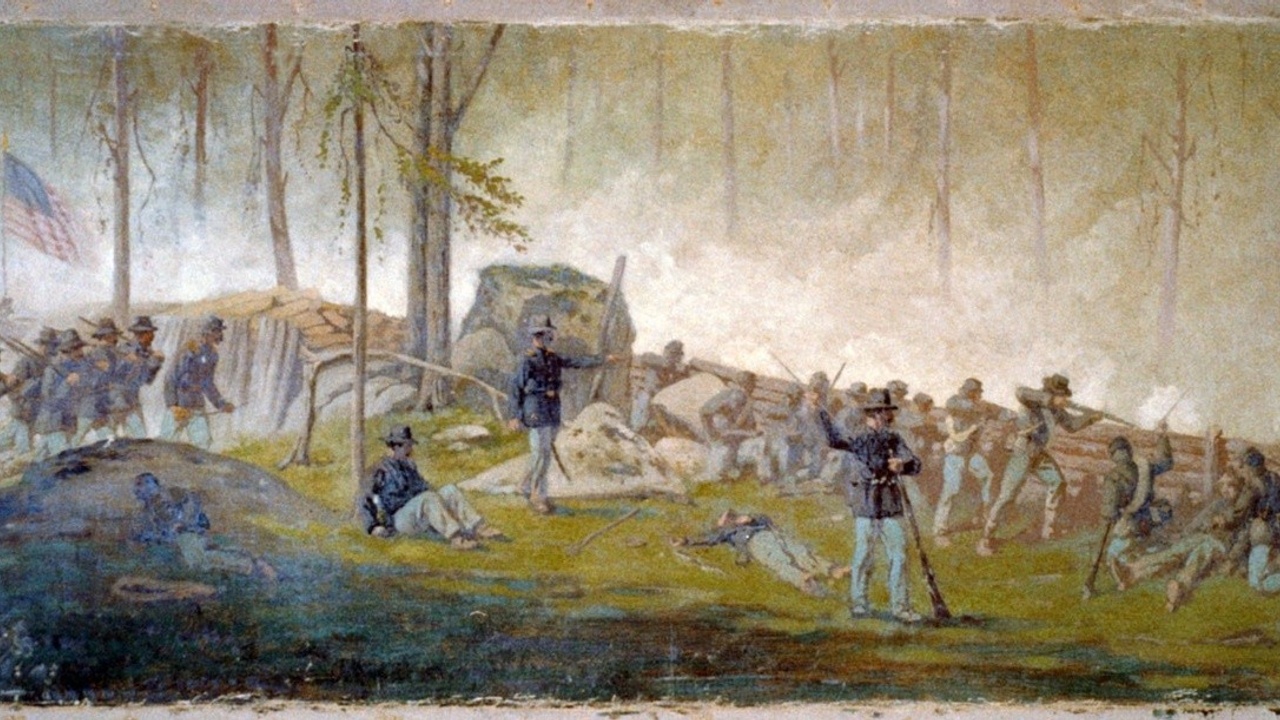
Hunting Morels, Searching for Meaning
I walked up to the old tree, squatted down, and stared at the ground. Searching. Looking for the Holy Grail. Nothing.
I was looking for morel mushrooms. These aren't magic mushrooms. (Though there is some fascinating research going on around those and treating depression right now!) These fungi are prized by chef's around the country. I've never actually found or even tasted them, but during these few weeks of the year they are a huge craze among the mushroom hunting community of the midwest. They sell for $70/lb. Which means people want these mushrooms more than the filet with crab legs at a local steakhouse. That is enough to get me searching.
To find these golden fungi, you need to know what you are looking for. They aren't uncommon, but they are distinct, looking a bit like a brain on a stick. They can be small, the size of your thumb, or large, the size of your fist. The early ones are grey, and the later ones are yellowish.
You also have to be able to distinguish them from "false morels." These are a kind of look alike, and if you eat them they are poisonous.
Knowing when and where to look is key (and apparently I haven't figured it out yet). They like to grow near dead or dying apple trees, tulip poplars, and elm trees. To go treasure hunting for these prized mushrooms, it generally requires carefully going off-trail, and look where the casual hiker isn't looking. Morels generally pop out of the ground when ground temperatures are 50* or so, often about the time the lilacs are blooming, and only for a few weeks in April. Even then, there are micro-climates that can throw off the timing by a week or two. I only know any of this because people share their experiences in mushroom hunting facebook groups.
I have been looking for morel mushrooms for 3 years, and have yet to find one. I walked up on a guy once who had literally just found 4 or 5 of them. My neighbor proudly showed me a fist-sized one he found in his yard while mowing. But as Bono puts it, "I still haven't found what I'm looking for." Sometimes I feel like I should just give up. I mean, is it worth it?
Ok, so if you are still reading, you are probably wondering why am I droning on about mushrooms in a blog post for Restoration Project.
Because I think that in a similar way to hunting for mushrooms, we are hunting for meaning and purpose. The age old philosophical question of the meaning of life has haunted people for ages. And while the general purpose of humanity can be identified as knowing and enjoying God, we each have our own distinct and delicious way that is going to take shape- and discovering that doesn't usually just 'happen.'
Just as in foraging, to find it we have to actually want it, be aware of our surroundings, and we generally have to be looking for it.
We have to be able to identify its imposters. When we are young and naive, purpose and meaning can take a lot of forms, as we can rally behind almost any cause. But as we get older and more discerning, we narrow down what is important to us. It's also during this time we get the naiveté beaten out of us, to the point where many settle for distraction rather than purpose; for comfort over intentionality. These substitutes are poisonous to us and to those around us.
As we tromp through the woods and wildernesses of our lives, we often have to rely on the wisdom of those who have gone before. We have to go off trail- visiting places long abandoned in our stories. Pain can no longer be avoided. Disappointment must be met with.
Mushrooms often grow out of decaying trees. The best things, our meaning, purpose, and passions, often grow out of death. The places where we have experienced some rotting are the places with the richest soil.
Another fun fact: Fungi grow as a network of interconnected mycelium. Scientists say they can "communicate" with each other. No, I'm not kidding. And yes, it's weird. But in the same way, our inner experiences, observations, and conclusions subconsciously communicate with each other and tell us things. To discover the stories we want to live, we have to listen to the stories we have already lived.
I'm hunting mushrooms. And I'm continually exploring the forrest of my own story, searching and discovering the distinct and delicious ways the Father has created me, and what he has crafted me for.
How has your journey towards meaning gotten sidetracked by imposters?
How has it led you off the paved trail?
How have you been surprised by the passions God has created you for?
_________________________________________________________
Cody Buriff, Director of Resource Initiatives




